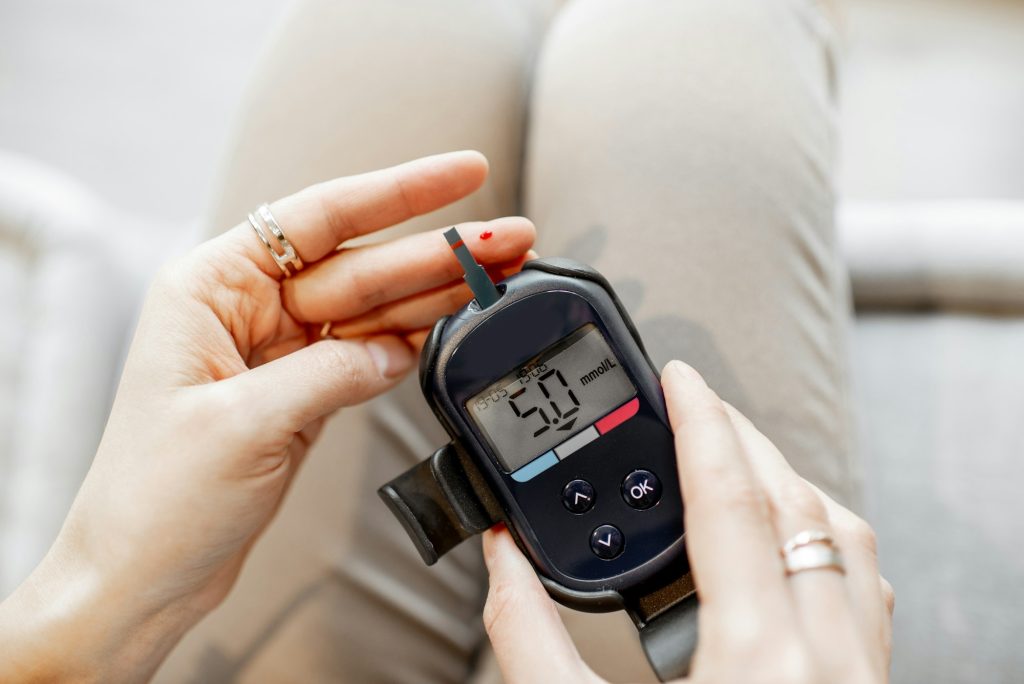If you or someone you know has diabetes, you understand how crucial it is to keep your blood sugar levels stable and within the proper recommended range by your healthcare provider. But with all the kinds of food surrounding you, it can often be difficult to avoid going over your limits.
Food is one of the most common reasons for experiencing a fluctuation in your blood sugar levels. When you consume more than the required serving size of food—especially those that contain a considerable amount of sugar—you can expect it to impact your blood sugar levels.
Nursing a health complication is tough, especially when it comes to something as troublesome and hampering as diabetes. Keep reading below to find out how to control the food you eat to help manage your diabetes.
Understanding the Role of Food on Diabetic People
Whether you have diabetes or not, when you learn to eat healthily, you can expect to live better and longer, helping you worry less about your health concerns. In the unfortunate chance you show signs of diabetes, you have to pay more careful attention to the food you eat to prevent triggering your blood sugar levels to rise.
In fact, it’s not only about avoiding kinds of food that contain high contents of sugar. Your diabetes has a chance of worsening over time if you don’t go out of your way to understand the types of food you consume and the amount of food you eat daily as part of your diet.
How to Reduce Your Diabetes Through the Food You Eat
Be Familiar with Counting Carbs
An essential factor of diabetes management is counting the carbohydrates you consume.
Food that is high in carbs includes rice, bread, and pasta, to name a few. Unfortunately, carbohydrates can significantly affect your blood sugar levels when you fail to control your consumption.
If you’re under insulin medication in between meals, you must determine the amount of carbohydrates in your food before eating them to give you the exact insulin dose you require. That way, you won’t go overboard, and you can consume just the right portion.
Take Portion Sizes Seriously
Determining the appropriate portion size for your diet is fundamental to managing your diabetes. Depending on the types of food you consume, it will help to make your food choices simple and healthy. You could keep track of your meals by writing them down to help you remember better.
If you want to be exact about the portions, you could utilize measuring cups or a food scale to guarantee your portion size remains intact. That way, you surely won’t go past your recommended carbohydrate count.
Maintain a Well-Balanced Diet
The meals you consume should be balanced and suitable for your body type. When you fail to watch over the amount of food you eat, especially those high in carbohydrates and sugar, it could affect your diabetes and lead you back to square one.
The recommended meals for someone with diabetes are food containing the proper amount of proteins, healthy fats, and starches. Fruits, vegetables, and whole grains are excellent sources of nutrients to help reduce diabetes.
Conclusion
Like all chronic health conditions, managing diabetes is often complicated if you don’t take the necessary steps to change your habits while it’s still early. When you begin by making apparent adjustments to your lifestyle and diet, you increase your chances of living healthier and free from health issues. Counting carbs, portioning serving sizes, and taking a well-balanced diet are essential to proper diabetes management, allowing you to live a longer and healthier life.
Are you looking for a diabetes consultation in Edmonton? Heritage IDA Pharmacy offers innovative and personalized healthcare advice for each patient. We offer pharmacy care to meet our patients’ individual needs. Get in touch with us today to inquire about our prescription services!




